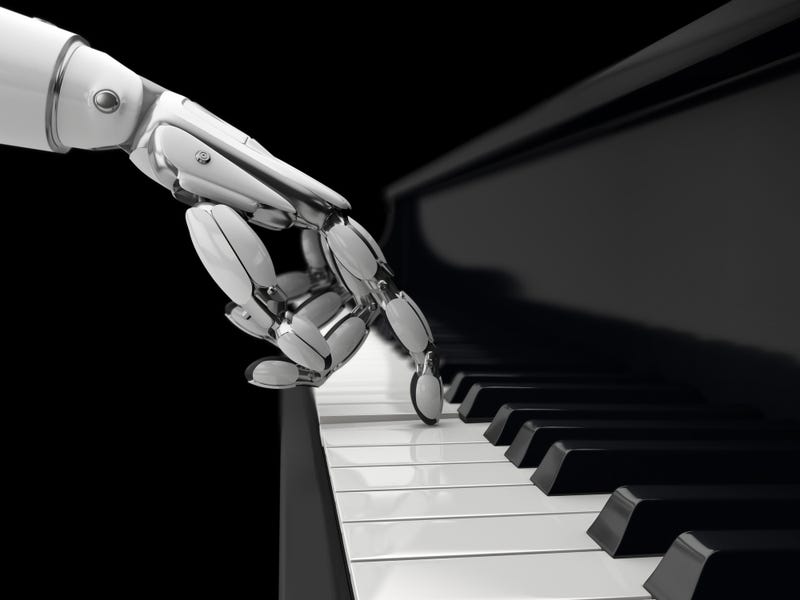
Universal Music Group, the self-described “world leader” in music entertainment, has requested that Spotify and Apple prevent artificial intelligence services from scraping its catalogs for data, according to reports.
This “legal intervention” could “have major ramifications for AI software,” according to The Gazette.
UMG’s request was first reported by the Financial Times, which cited emails.
“We will not hesitate to take steps to protect our rights and those of our artists,” the music distributor wrote, per reports.
According to The Guardian, AI music generators “are not quite at the same level of mainstream accessibility” when compared with image generators such as Midjourney and Stable Diffusion. These generators have been used to make images such as Pope Francis wearing in a puffer jacket, which became a viral meme last month.
OpenAI’s ChatGPT, an AI writing model, was released in November. It has been used to make projects such as a the “Nothing, Forever” project inspired by the 90s sitcom “Seinfeld”, which was taken down due to an AI-generated homophobic rant.
AI music generators “are able to create convincing fakes of artists such Kanye West performing new cover versions of whole songs including Queen’s Don’t Stop Me Now and Kesha’s TikTok,” said The Guardian. It said OpenAI’s Jukebox has been used to generate songs “in the style of Katy Perry, Elvis and Frank Sinatra,” and “an AI-generated Jay-Z was so good it sparked one of the first successful copyright strikes, after the artist’s agent, Roc Nation, got the song pulled from YouTube.”
“AI-generated songs have grown increasingly common in recent months, including ones based on UMG artists such as Taylor Swift or Elton John,” said The Gazette. “Several of these songs’ creators have been targeted by takedown requests filed by UMG and its fellow music distributors. Now, the company has asked for the bots to be permanently banned.”
Another AI system mentioned in a research paper by Google was capable of generating new music.
“The music business over the last number of years has gone through more changes than it did in its entire history,” said veteran music lawyer Don Passman, who recently participated in a keynote conversation as part of The Hollywood Reporter‘s breakfast honoring the industry’s Power Lawyers. “Since the beginning, the music business has always been monetized by selling something. Whether it was a piano rolled or a wax cylinder or later vinyl and CDs, it was always monetized by selling an object. When steaming became a force, monetization suddenly was no longer about buying something, monetization was about renting something.”
He further explained that, with the streaming model, “you take the total number of streams and you divide it by the number of plays,” and that AI models could generate music that diverts revenue away from human artists.
“In AI, you can go and say, ‘Hey, write me some spa music.’ And within 20 minutes you’ll have enough for 4,000 massages,’” Passman said.
Google’s MusicLM was trained on 280,000 hours of audio and it can generate music based on a text description, according to The Guardian. However, the outlet said the project wasn’t released due to “potential misappropriation of creative content.”
If Spotify and Apple comply with UMG’s request, it would limit projects such as MusicLM, said The Gazette. UMG is the parent company of labels such as Abbey Road Studios, Def Jam Recordings, Capitol Music Group, Decca Records, EMI and more. It announced Wednesday that “it will release its financial results for the first quarter ended March 31, 2023 after the close of the Euronext market on April 26.”


